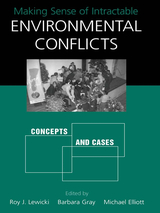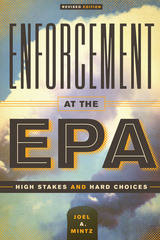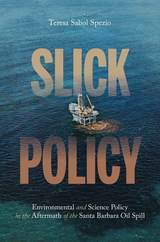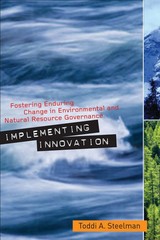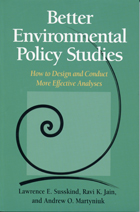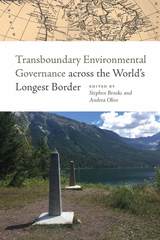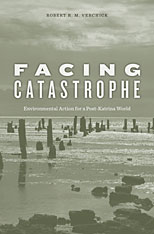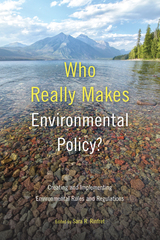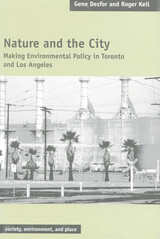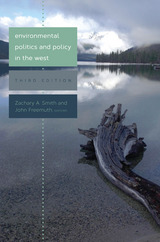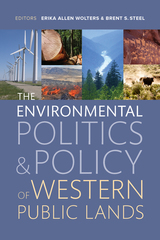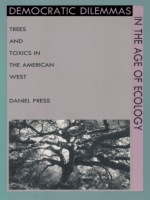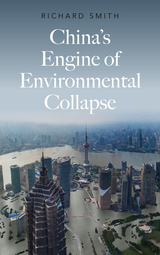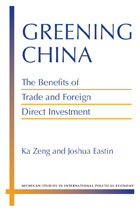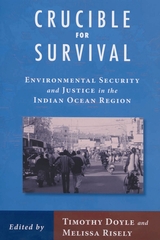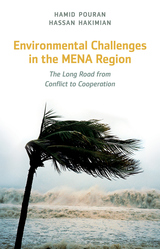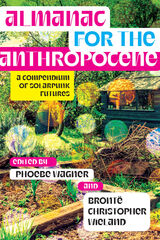Paper: 978-0-674-25329-2
Library of Congress Classification GE185.C6E54 1998
Dewey Decimal Classification 363.700951
As China develops its booming, fossil fuel-powered economy, is it taking lessons from the history of Western industrialization and the unforeseen environmental harms that accompanied it? Given the risks of climate change, is there an imperative, shared responsibility to help China respond to the environmental effects of its coal dependence? By linking global hazards to local air pollution concerns--from indoor stove smoke to burgeoning ground-level ozone--this volume of eighteen studies seeks integrated strategies to address simultaneously a range of harmful emissions. Counterbalancing the scientific inquiry are key chapters on China's unique legal, institutional, political, and cultural factors in effective pollution control.
Energizing China, the stage-setting publication of an ongoing program of Harvard-China research collaboration, is distinguished by its conceptual breadth and spirit of exchange. Its contributors include twenty-two Western and seventeen Chinese scholars with a disciplinary reach that includes science, public health, engineering, economics, public policy, law, business, and China studies.
See other books on: Economic Growth | Energy development | Environmental health | Environmental policy | Lydon, Peter
See other titles from Harvard University Press


